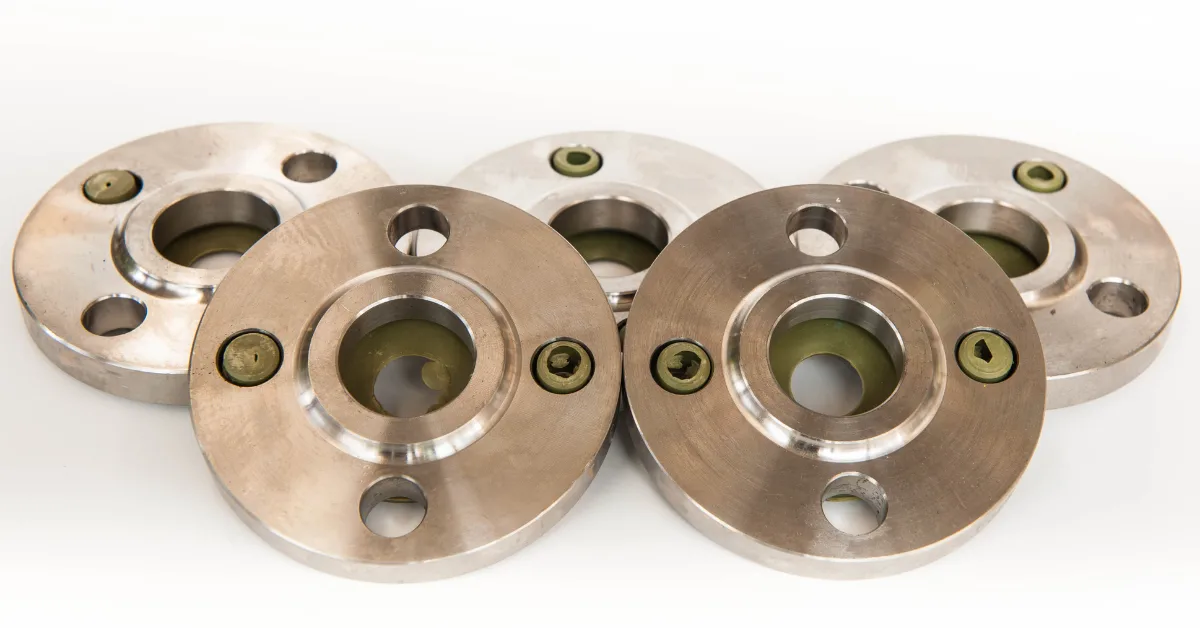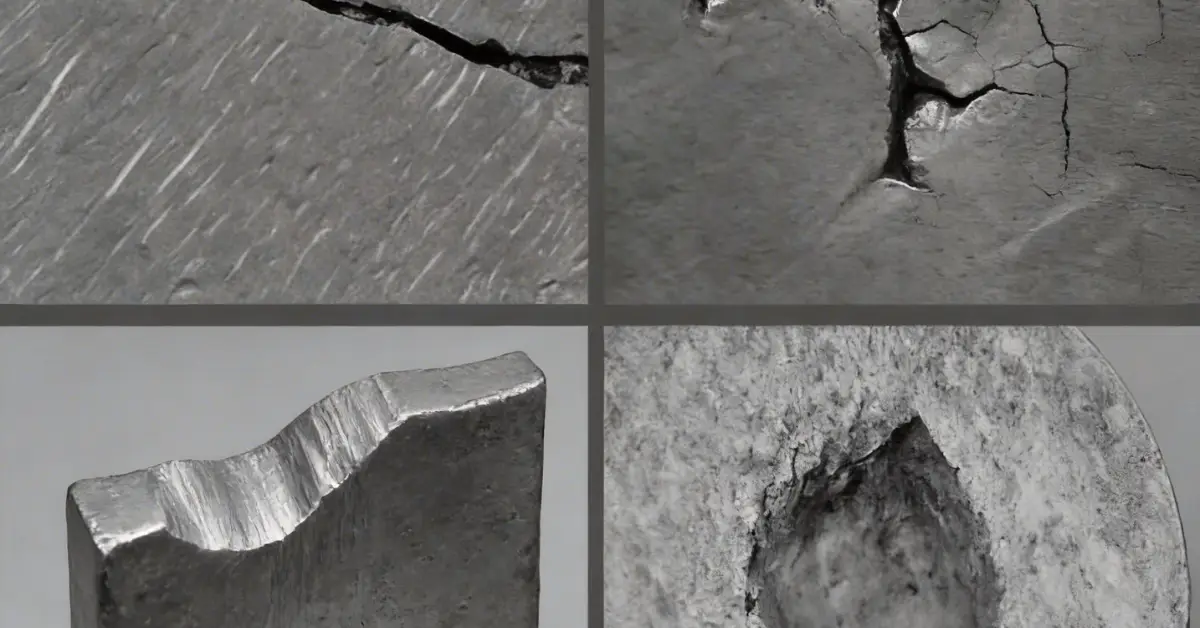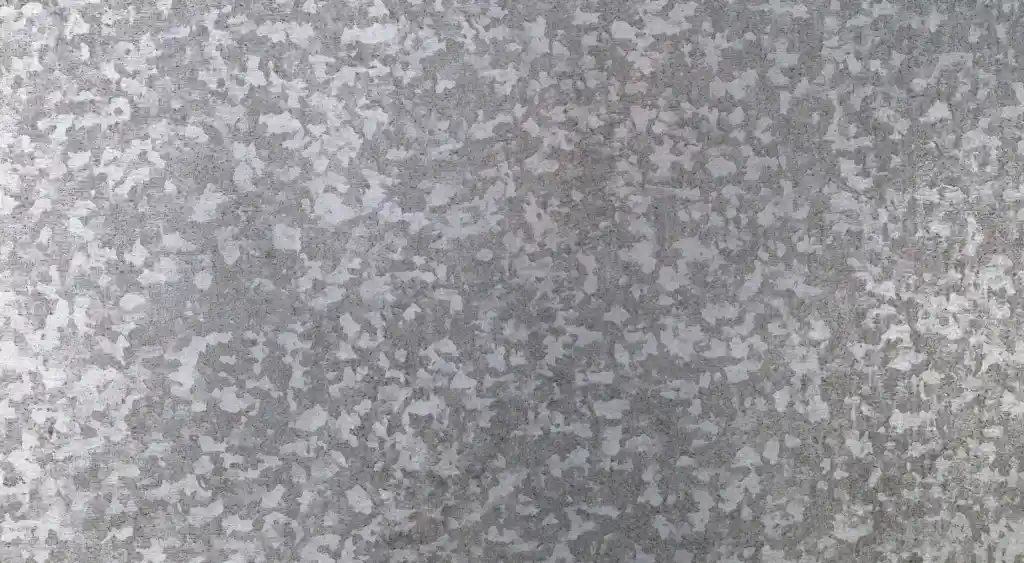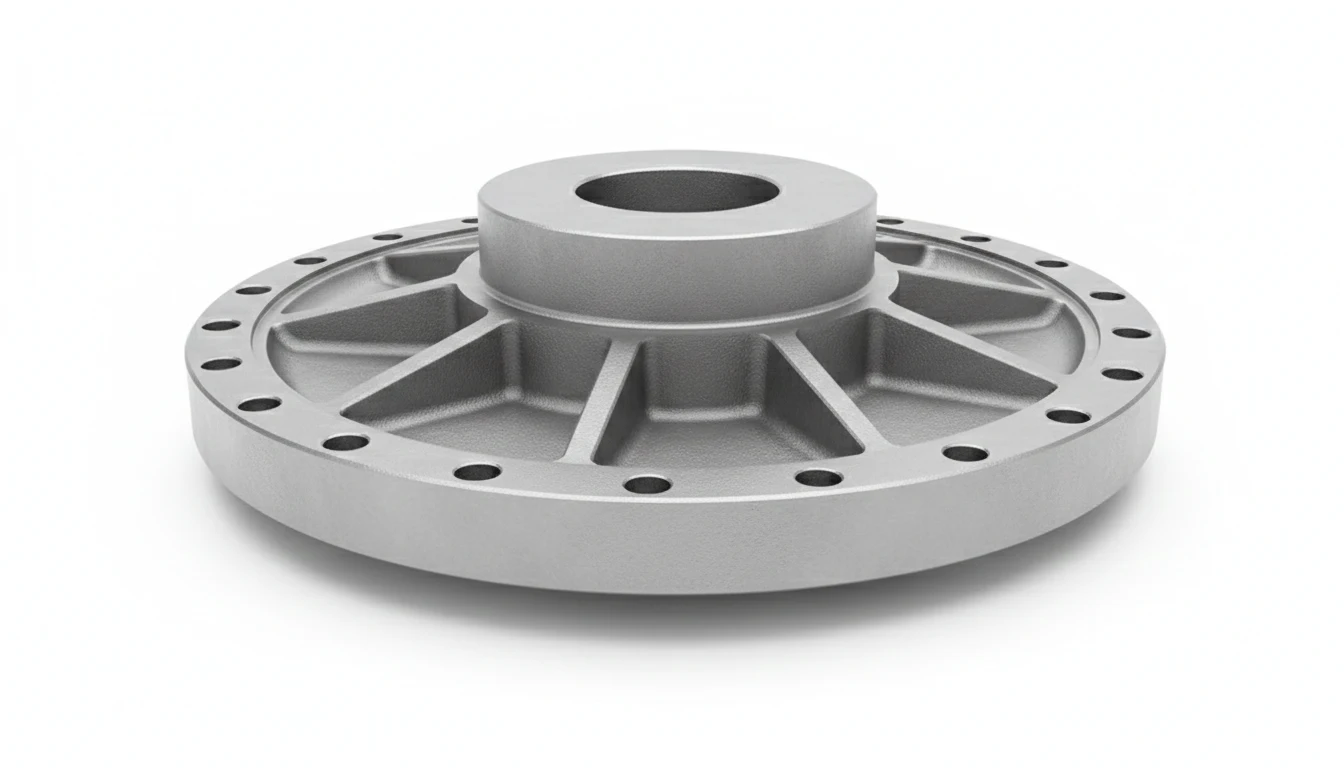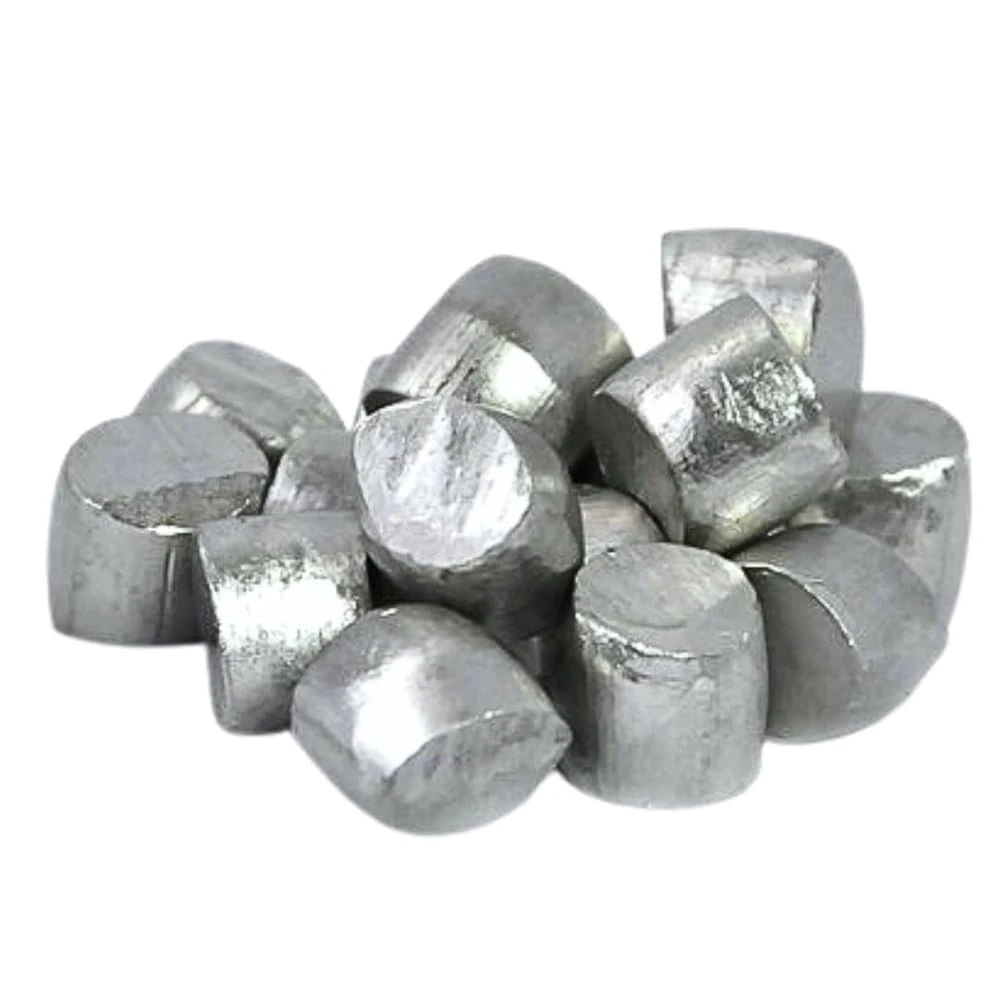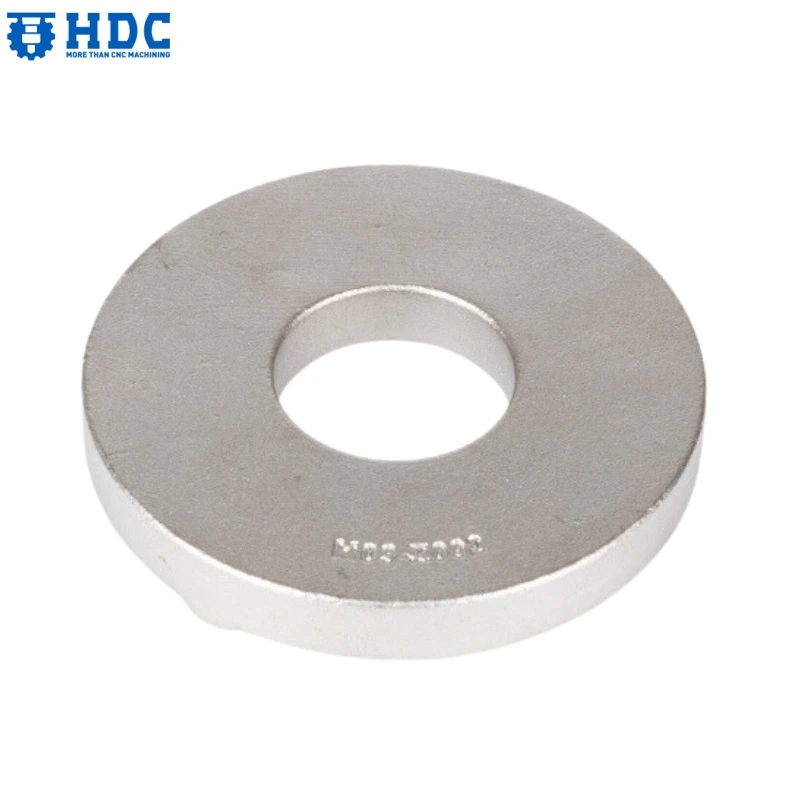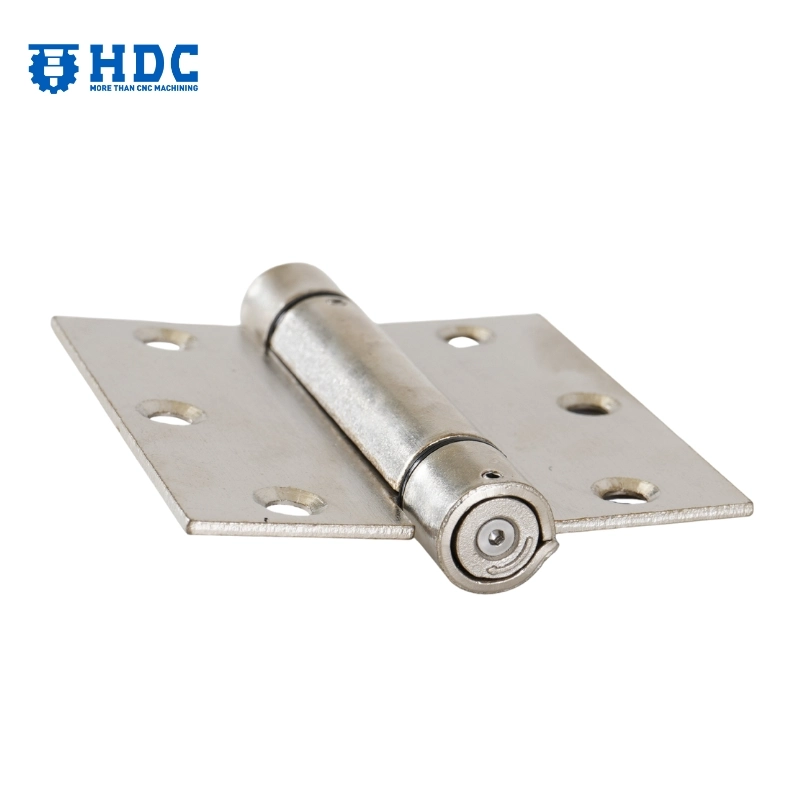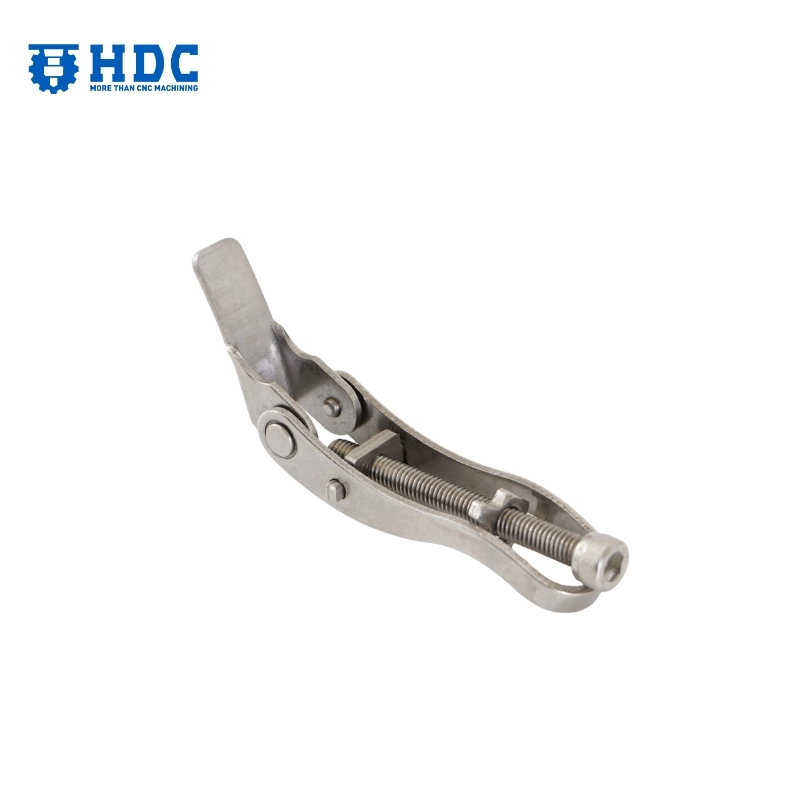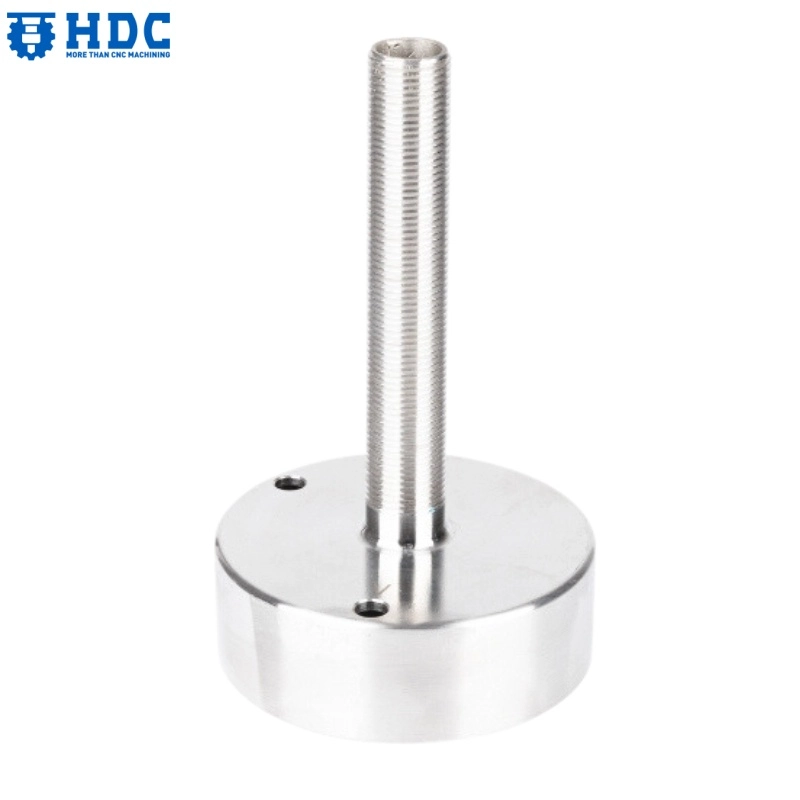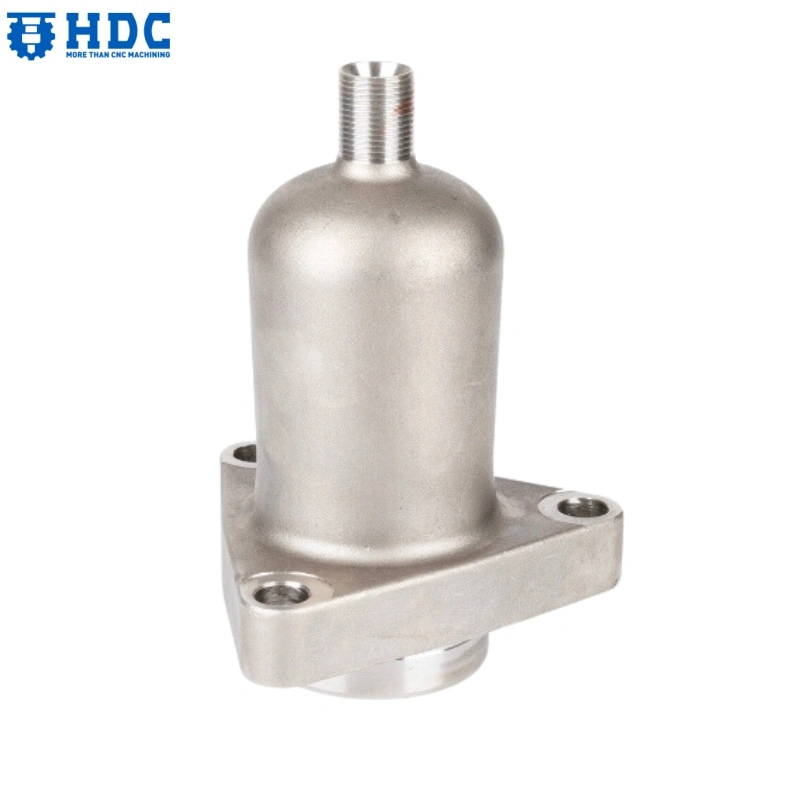Can you forge stainless steel? The answer is yes. Forging alters the properties of stainless steel, resulting in applications that are stronger and highly resistant. In this article, you will discover how stainless steel is forged. We also talk about the wide uses of forged stainless steel across the world.
What is Stainless Steel
Stainless steel refers to a wide family of different steels. All stainless steels have one shared characteristic. They contain at least 10.5% Chromium. Chromium element makes them resistant to corrosion and gives them a smooth surface finish even in extreme environments. That’s what makes them stainless.
Can Stainless Steel Be Forged?
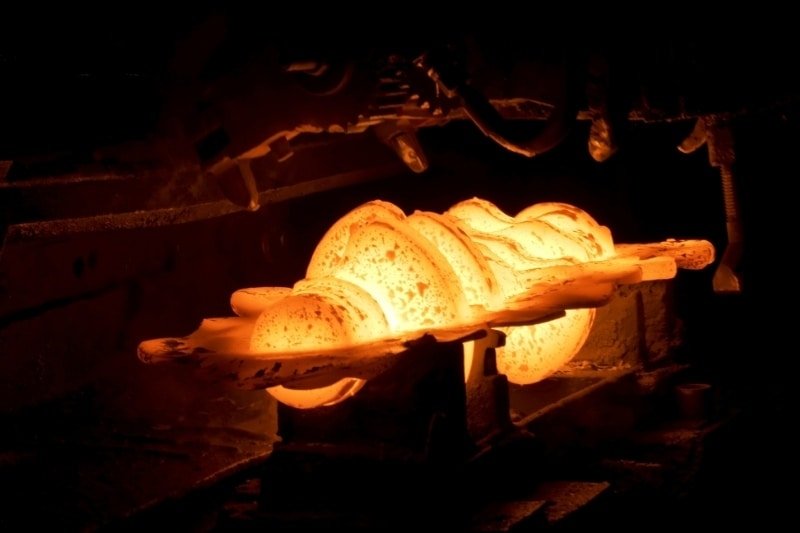
Although stainless steel can be a bit of a beast, we forge the metal to give it strength. Raw stainless steel is a durable alloy, and its corrosion-resistant properties mean it lasts a long time. Forging enhances these properties of corrosion resistance and strength further. Also, forging stainless steel at 1500°F alters its grain structure, producing Damascus Steel, which offers exceptional strength.
Steel Forging Temperatures and Temperature Challenges
Discover the best temperature ranges of different stainless steels and best practices for a successful job.
Hot Forging Temperature Ranges:
Stainless steels are hot forged at a temperature between 1700 and 2300°F, depending on the grade.
Risks of Forging Improperly
The great thing about stainless steels is that they retain strength across extreme temperatures. However, too high a temperature will make your material weak, leading to burning, scale formation, or grain coarsening. Underheating, in contrast, may cause your material to crack.
Forging Methods: Hot vs. Cold
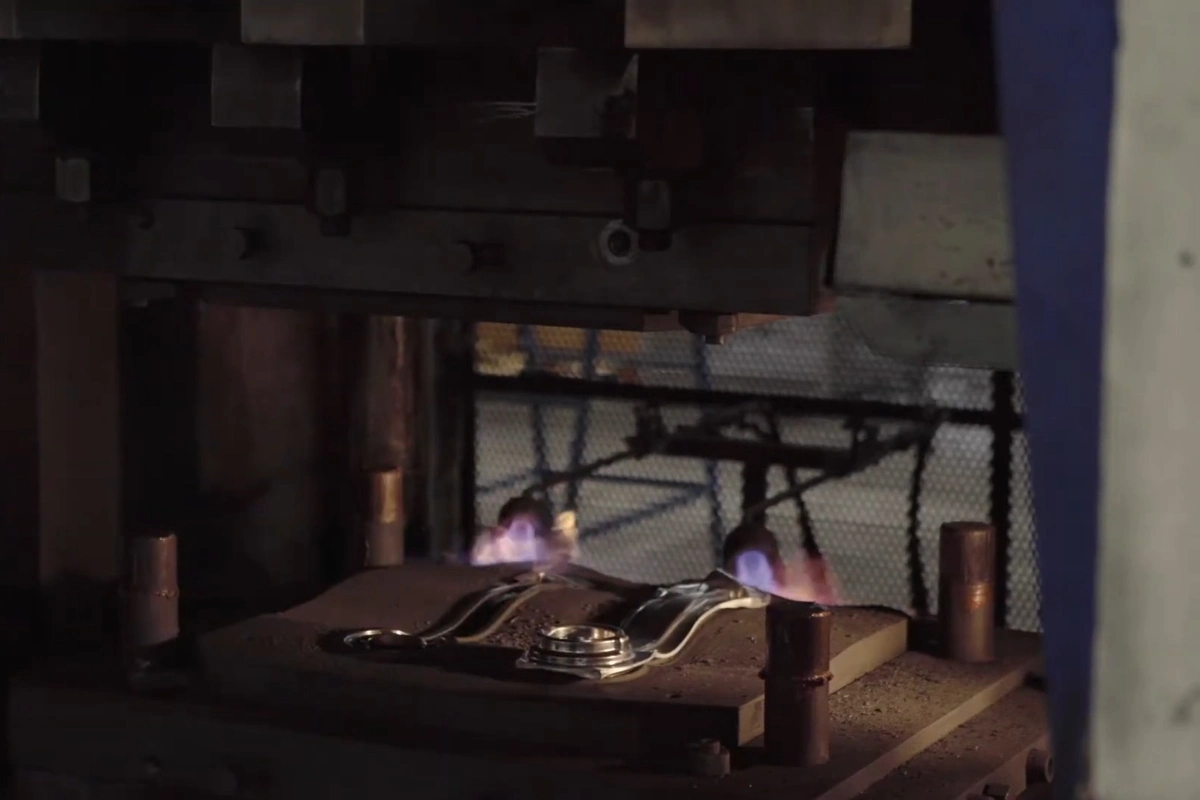
Forging changes stainless steel through compression in a hot, warm, or cold manner. Cold forging improves strength by hardening the material at room temperature. Hot forging, in contrast, improves the metal’s ductility and yield strength while keeping hardness acceptable.
To explain in greater detail, hot forging involves heating the stainless steel past its recrystallization point. At this temperature, the metal relieves any internal stress and develops new grains. This is how mechanical properties like ductility and strength increase. However, hot forging offers a lower degree of precision, while the surface finish is rough.
Cold forging is performed at room temperature. Compressive forces are used to shape the metal into the desired shape. This technique is ideal for superior surface finishes and for immediate-use parts. Cold forging is also extremely easy to automate. The choice between hot and cold forging your stainless steel depends on your manufacturing process and the product’s application.
Forgible Stainless Steel Grades
There are more than 200 stainless steels, each having unique properties that are ideal for different applications. The most popular are:
Martensitic grades
Martensitic grades are characterized by at least 12% Chromium. These steels have good magnetic properties and corrosion resistance. Therefore, they are best suited for cutlery, screwdrivers, scissors, and other dental instruments.
If you want to work with Martensitic steels, carefully consider your strength and machinability tolerances. For instance, grade 431 offers the best corrosion resistance, but it is incredibly difficult to machine. Grade 416, in contrast, offers great machinability but lower resistance to corrosion due to its sulphur composition.
Ferritic grades
Ferritic stainless steels are primarily composed of iron and chromium. These steels display strong magnetic properties and ductility. Another reason they’re so popular is their high degree of corrosion resistance. The most popular ferritic stainless steel is 430. It forges well by both cold and hot methods, but machining is inferior.
Besides these popular options, many stainless steels undergo forging, such as the 300 or 500 series. The best one for your project depends on your manufacturing process and the properties you need in the finished product. When evaluating which stainless steel to use, it is best to consult with professional metalworkers who can guide you through your options.
Advantages of Forging Stainless Steel
There are many advantages of forging stainless steel, as you will find below.
Strength:
When carried out by professionals, forging increases your steel’s strength and durability. Forging also creates a continuous grain flow that distributes strength evenly across the material.
Uniform structure:
Forging gives your stainless steel the highest degree of structural uniformity. Forgings are nonporous and uniform in metallurgical structure.
Enhanced mechanical properties:
Forging alters the mechanical properties of stainless steel, improving ductility, fatigue resistance, and full impact resistance.
Efficiency:
Forging eliminates waste since no metal is removed.
Practical Applications & Use Cases
Stainless steel is one of the most highly sought-after metals and the demand will keep growing. This material meets the strict standards of the food and medical industries. Its durability also means it can handle high-stress applications such as aerospace and engineering.
Kitchenware
Spoons, forks, and knives are all made from stainless steel. You can also use stainless steel to produce cooking pots, pans, spoons, or serving trays.
Medical
Medical equipment such as Needles, syringes, scalpels, clampers, and stethoscopes are common stainless steel applications. More examples are artificial heart valves, bone plates, prostheses, and wheelchairs.
Aerospace
Stainless steel is the metal of choice for certain aerospace applications. These include bearings, engine parts, landing gear components, precise linkage parts, and more. Notably, stainless steel is used as the roofing for airports.
Vehicles
Car frames, aircraft hulls, boat fittings, Bolts, clamps, the list goes on. Stainless steel is used across all vehicle industries to build parts that are strong and corrosion-resistant.
Energy
Stainless steel is used in nuclear and solar stations to build cooling filters and tiny structural equipment.
Conclusion:
Can you forge stainless steel? Yes. These steels are strong and they can withstand exposure to chemicals, acids, or moisture. But forging enhances their properties further, making them more strong and resilient. If you want to ensure the best settings for your job, consult metalworking professionals at HDCmfg for quality stainless steel forgings.
Discover more with our blog posts.
Recent Posts
Discover more about our products.
Our Products
Instant Quote!
